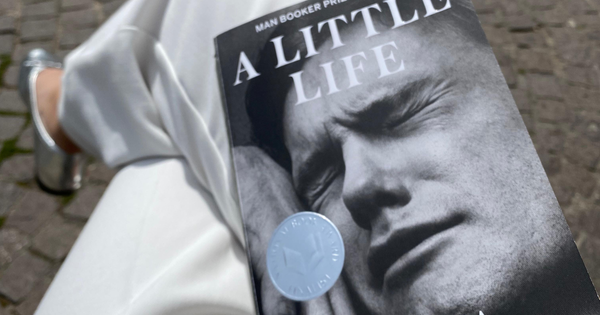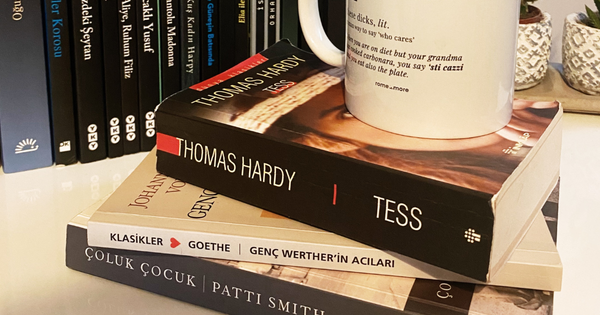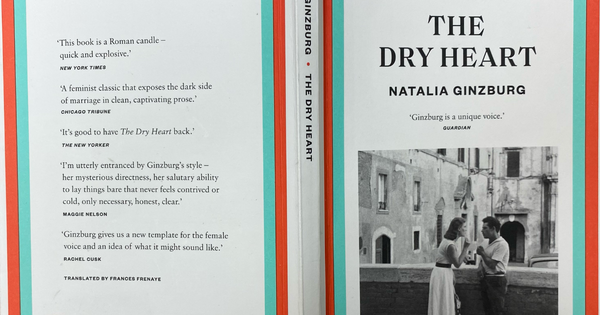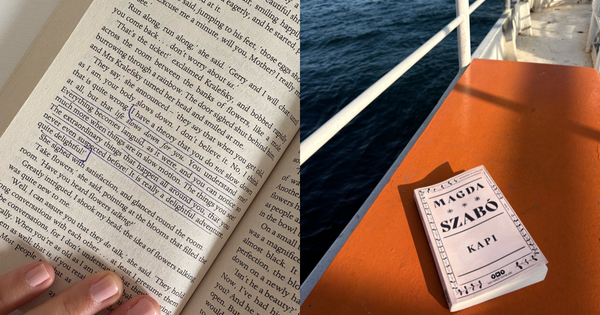One Life Is Not Enough: Reading Anthony Doerr’s Four Seasons in Rome
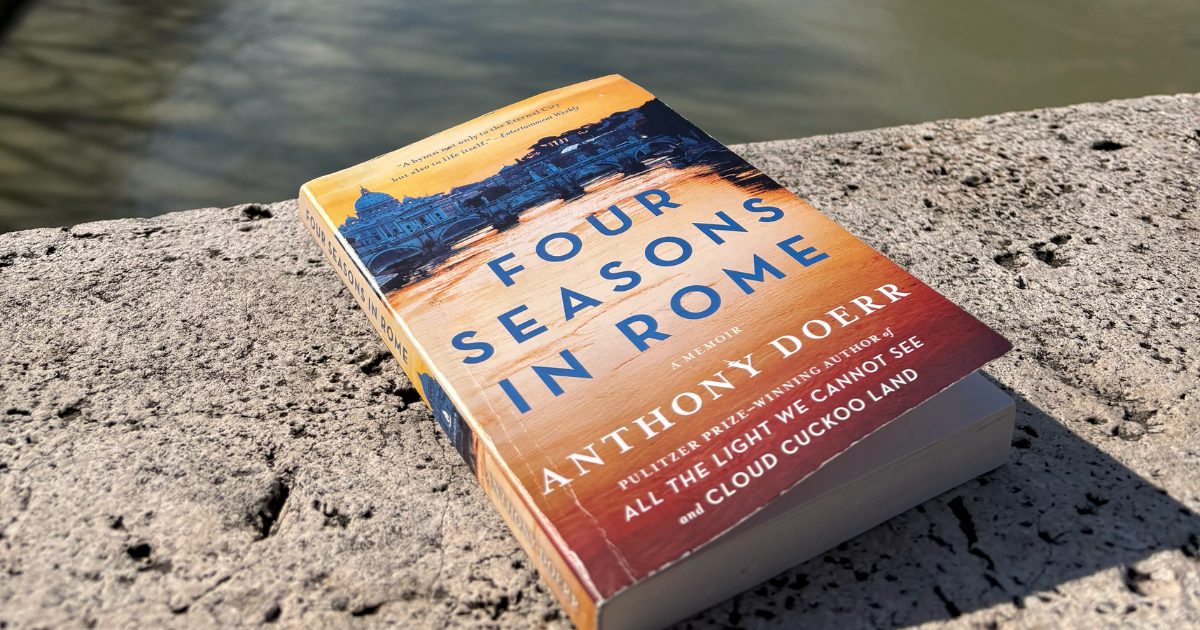
Book Review
“Though you are a whole world, Rome, still, without love, the world’s not the world, and Rome cannot be Rome.” — Goethe
This book. I had this idea of traveling based on the books I was reading, and after nearly four years in Rome, I realized I had never read a book about the city itself. Perhaps I was too caught up in my daily struggles — and let me tell you, my life in Rome hasn’t been easy. Maybe my expectations were too high, or, as Goethe said, love was simply absent, and Rome wasn’t truly Rome to me. But this isn’t my story. Let’s get back to Anthony Doerr’s memoir.
As I write my humble thoughts on this memoir, I find myself flipping through its pages, revisiting the passages I underlined — the moments that touched my heart, the parts where I saw my own Roman story reflected. To be honest, Doerr’s first impressions of Rome mirrored how I felt after a year, maybe a year and a half, of living here.
I came to Rome for my master’s degree — my second one, actually — not just for academic reasons but as a way to escape Istanbul, to finally do something I had long felt was inevitable. I had always known my story wasn’t meant to unfold in just one city or country, though I had imagined it would be London, not Rome.
And yet, when I finally opened my eyes and truly started feeling Rome, it was exactly as Doerr described: noticing the endless sea of scooters, marveling at (or being horrified by) Italian driving, being simultaneously enchanted and frustrated by the city. In those early days, I was also angry — maybe disappointed — by what I had found here. And as I read through the beginning of Four Seasons in Rome, I could feel that same unease in Doerr’s words.
Throughout the pages, you experience what it’s like to be a parent to newborn twins — and, honestly, I’d much rather live that experience through his eyes than my own. But being in a foreign country doesn’t make it any easier. Even though our circumstances were different, there was one feeling we both shared: navigating this city while feeling lost — most of the time.
The missing piece, though, is love. I’m not sure if I should call myself fortunate, but in that regard, I’ve been quite lucky — if letting my heart get broken over and over counts as luck. I found real love here and lost it here. I cried here. I lost hope here. And yet, to truly experience Rome, love wasn’t necessary. As Doerr writes:
“And what about Rome? Rome is beautiful, Rome is ugly. Something about this city exacerbates contrast, the incongruities and contradictions…”
Rome has a way of filling that void in its own way, making sure you feel everything — whether you want to or not.
In the beginning, or let’s say during Fall, the book feels more factual, focused on adjustment. Doerr shares details about Rome, its quirks, its history. But as we move into Spring and Summer, we witness — or at least I felt — his gradual acceptance of the city, his growing appreciation for its beauty. And in these later chapters, the book shifts into something deeper. Not overwhelming, not philosophical, but it subtly invites the reader to take a step back, to ask certain questions, to reflect.
You should take note of the places Doerr mentions in this book — mostly around Monteverde, one of my favorite areas in Rome.
I’m not sure if anyone would be interested, so I won’t be sharing my full Roman guide, but I do want to give a shoutout to my favorite restaurants for the best carbonara. Why?
When I first moved to Rome, I was almost vegetarian — pescatarian, to be exact. While my friends indulged in legendary plates of pasta alla carbonara, I could only watch and wonder what all the fuss was about.
Then, for love, I started eating meat again. To be precise, I now eat guanciale, Italian cold cuts, poultry, and seafood — so really, there’s not much left off the menu, is there?
Naturally, my return to the eating-it-all era had to start with the famous carbonara. This passion quickly turned into a habit — I now order pasta alla carbonara every time I dine out. Here are some of my favorite spots to enjoy it:
- Nena Mercato&Cucina
- Osteria La Sol Fa
- Osteria dei Cappellari
- Checco Er Carettiere
- Poldo e Gianna Osteria
I could go on forever — food is my passion, after all. But I suppose this article was meant to be about a book.
Okay, back to the book:
I’m so envious of Doerr for writing such a brilliantly pure, beautifully written book. No flashy marketing of la dolce vita — God knows I’m tired of the glossy image of Rome when the reality is far from dolce. He presents it all in a way that feels honest, and I couldn’t help but see parallels between the way Rome made him feel and the way I’ve felt since moving here.
I envy him even more because he came to Rome for a set period, with no trouble finding an apartment (thank you, Pope, honestly), which gave him the opportunity to experience the city without the complications that often come with living here. Or maybe the struggle is the true Roman experience. I’m not sure… Rome is my great dilemma and paradox.
Overall, I’m glad I don’t have to experience this city with newborn twins. I’m grateful for the daily challenges of living here and for the chance to experience life in its raw, unfiltered form. Rome is a beautiful city, though flawed in many ways. I can’t see myself growing old here — but that’s for purely professional reasons.
Finally, the author’s writing is captivating. Whether you live here or not, perhaps in another place, you’ll find yourself immersed in his story through his eyes. I absolutely loved this memoir, and it’s definitely a must-read. As he wrote:
“Roma, they say, non basta una vita. One life is not enough.”

